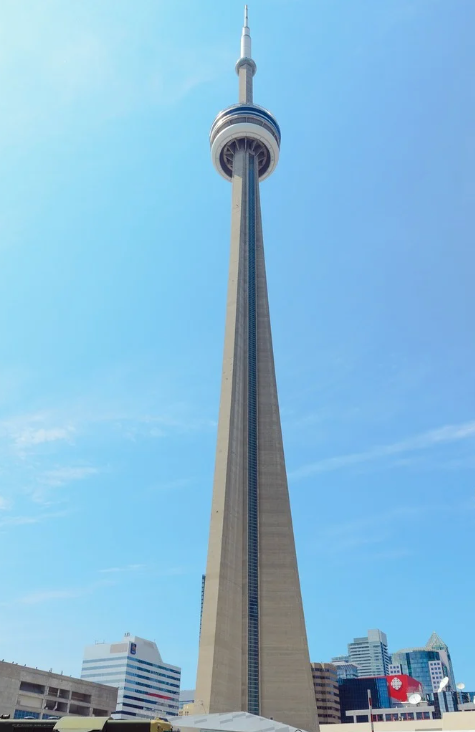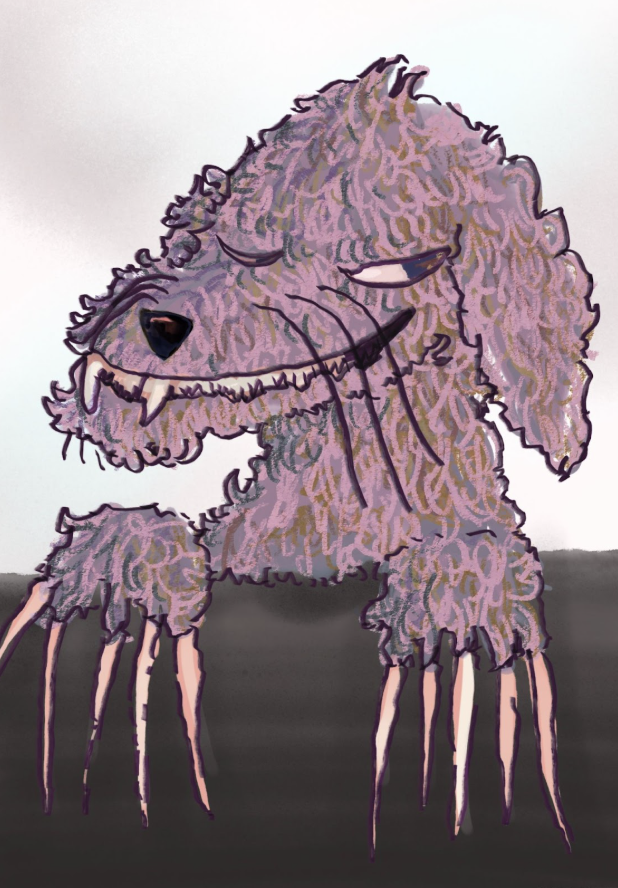[Queeriosity] The ‘A’ Stands for Asexual
![[Queeriosity] The ‘A’ Stands for Asexual](/content/images/size/w1200/wordpress/2020/04/6906.jpg)
Asexuality is invisible. It isn’t discussed; it’s not on TV, teenagers can’t learn about it in health class. The people who have heard of it usually doubt that it’s even real. I haven’t come out to many people at home. I’ll hint at it, dip my toes into the water — as a senior in high school I told my best friends. I mentioned it to my mother. None of them really believed me. Surrounded by people who had come out to their families, it was strange to realize that I couldn’t just tell people the truth and have them accept it at face value, the way my friends could. I would look into the mirror and think, “what am I supposed to ‘come out’ about, anyway? What I’m not doing?”
I identify as asexual. This means that I feel little to no sexual attraction to anyone, regardless of gender. This is the most straightforward definition of asexuality, but not all asexual people (or ‘aces’) are the same. Some aces are gray-sexual (or gray-A), meaning that they fall somewhere on a spectrum between asexual and sexual. Some are aromantic in addition to asexual, meaning they don’t feel romantic attraction either. Some aces are sex-repulsed, and will rarely or never choose to have sex, while others are fine with it and will agree to sex with significant others for a variety of reasons. If they haven’t explained their asexuality to you, it’s completely inappropriate to assume that an ace is uninterested in dating, marriage, hookups or even sex.
While I’m more open about my sexuality at Amherst than I am anywhere else, every now and then I wonder if that was a mistake. When I tell people, I’m usually greeted with doubt, confusion and (eventually) intrusive questions. There’s something about outing yourself as asexual that awakens a sudden and extreme disrespect in others for your privacy — this doesn’t go away after you first come out, either. This semester, I mentioned to a few people that I’d been seeing someone over the break and that I’d had a really great time. I’d forgotten that I’d already told them I was ace. Almost immediately, someone asked me, in front of people that I hadn’t come out to, “aren’t you asexual?” Then they asked about my sex life. This isn’t that unusual; virtual strangers ask me about my sex life more often than you’d think. People ask me to explain exactly what asexuality is, and they demand an explanation if I say that I hooked up with someone. They want to know why I say I’m asexual if I’m okay with having sex, they want to know why I’m lying to people I date. Here’s how it is: if I’m not dating you, it isn’t your business. I have no obligation to educate you by sharing anecdotes about my sexual history. These questions don’t embarrass or upset me, but that is only because I happen to be an unusually open and unabashed person. But when you question me, as a person, you do more harm than you might think. Responding to a friend coming out to you with something as seemingly innocuous as “really?” still causes harm.
With asexuality, it’s incredibly easy to doubt yourself. Through its silence on the subject, the entire world, including Amherst College, implicitly tells you that asexuality isn’t a valid form of sexuality. More directly, people will tell you that they’re sure you’ll change your mind. That you’ll feel differently after you meet the right person. I don’t desire sex, and yet I think about sex all the time. I feel as though I need explanations and sexual experiences in order to justify myself. I feel as though if I ever change my mind and choose a new label, everyone I ever told who doubted me will feel vindicated. Sometimes I’ll use vague language to describe myself. My coming outs are muddled and unobtrusive. As loud as I might normally be, I feel quiet and small when it comes to this. I’m not proud of my identity, because I don’t feel like I have one.
In many ways, aces are isolated from the general queer community unless space is made for them; I’ve faced ribbing from my queer friends (and acquaintances) just as often as I have from my straight ones. “You wouldn’t get it,” a queer friend once said when I asked what he was laughing about. “It’s a sex thing.” And while I fight for LGBTQIA rights, I don’t feel as though a shirt that says “I support love” supports me. Asexual students face different problems than people who are fighting for their right to love someone. There are huge gaps in our experiences that might be unbridgeable, and that’s fine, so long as those gaps are at least acknowledged. I can’t live on an island forever.
So this is my statement for a community in which asexuality isn’t taught, isn’t discussed and isn’t truly accepted. A community where the email inviting students to write this column asked for “LGBTQ students and allies,” and I had to assume that this included me as well. A community where allies claim the A at the end of the acronym. I’ll keep smiling, and correcting people who really do mean well: “actually, the A stands for asexual.”
If you are interested in contributing to the Queeriosity column, contact the Amherst College Pride Alliance at [email protected]!




Comments ()